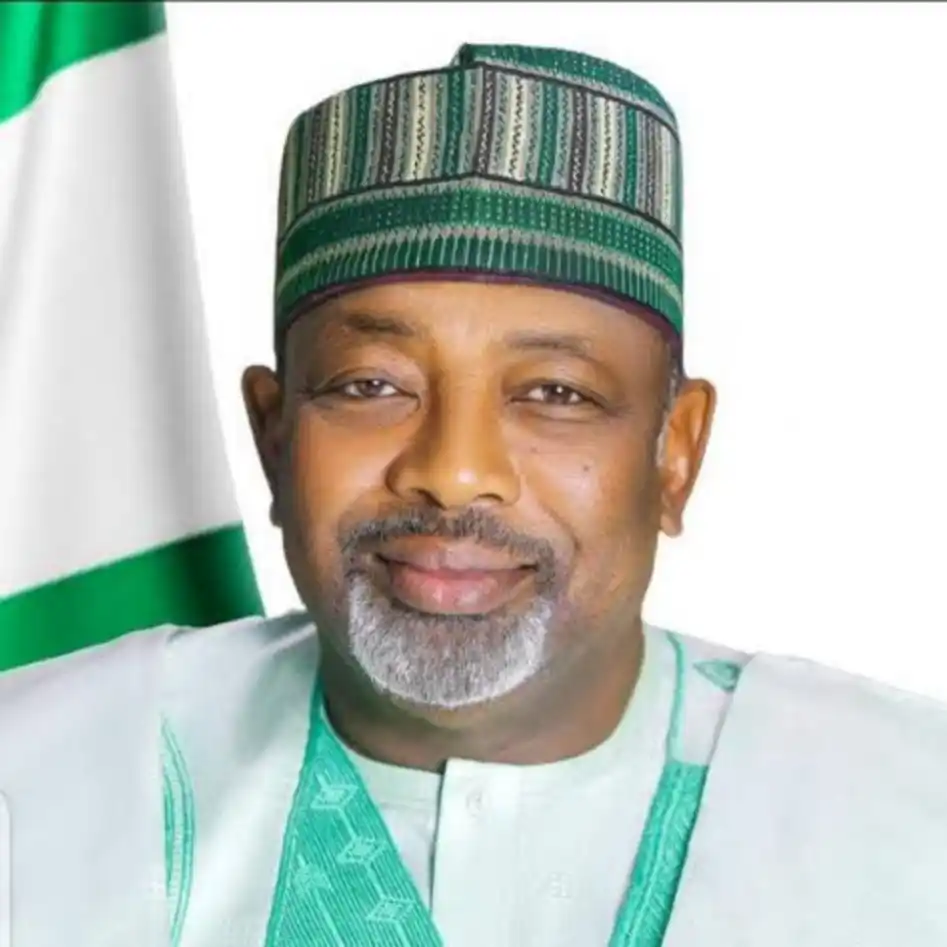The Minister of Agriculture and Food Security, Abubakar Kyari, has announced that the Federal Government will soon distribute 2,000 tractors to farmers across the country as part of efforts to promote dry season farming and all-year agricultural production.
Speaking in an interview on ARISE News on Friday, Kyari said the tractors and implements, which were earlier commissioned this year, were not for display but for direct use to improve productivity in the sector.
According to him, “Those 2,000 tractors and 9,000 different implements to go with them were commissioned, but at the time land preparation for the wet season had passed. Nobody would use a tractor at that time. Logistics for distribution has been worked out. These tractors are not going to be there for show.”
He explained further that the government was determined to ensure that the machines are rolled out as Nigeria enters the dry season. “Very soon we are going to roll out these tractors so that we can face the dry season and all year-round farming that Mr. President is encouraging.”
On the issue of financing and management, Kyari revealed that the Ministry was introducing a monitored system to track usage.
He explained, “We are working on modalities where we are going to have tractors geofenced and geolocated. Anybody who had been allocated that tractor must have a specific number of hours he can cultivate in terms of hectares a year. If you own an 80 or 100-hectare farm and you are allocated a tractor, a tractor can do almost 500 hectares a year. So, you must also pass on those prices to your neighbours, those that cannot afford the tractor.”
Addressing concerns from farmers about tractors ordered from Belarus, the minister confirmed that delivery had already been completed. He said, “We have 2,000 tractors, 9,000 different implements, spare parts, and mobile workshops. We signed this contract in September 2024, looking at September 2025. They’ve been delivered to the Federal Ministry of Agriculture, but we are working on modalities of financing before rolling out to farmers. In the past, tractors were given out and ended up across the border. We have to make sure that these tractors are secured, performing, and producing.”
The minister also highlighted ongoing work under the Green Imperative Programme, stressing that it had gained momentum under the current administration.
“It started way back in 2017, but within the last two years, even the Brazilians were surprised at the traction it had achieved under President Bola Tinubu’s administration. In these past two years, we have signed agreements, we have signed MOUs, and now we are looking at the funding mechanism for the programme, which in the first instance is about a billion dollars.”
On Nigeria’s temporary policy on food importation, Kyari explained that it was never intended as a long-term measure. “The importation window was only for six months and it had come and gone. The amount that was imported when you look at the global demand field is not as much as it will make farmers discouraged to go into agricultural production.”
He added that farmers had received significant support during this period. “President Bola Tinubu also ordered the Central Bank to release 2 billion bags of fertilizer to the Federal Ministry of Agriculture for onward delivery to farmers free of charge at zero cost. And that was done. We had the NAGS programme that subsidized fertilizer 50% for farmers. So, there was a lot of production in 2024. And I would say broadly that prices have crashed.”
On storage and post-harvest losses, Kyari said government was working with investors to address challenges. He noted, “I presented that legacy project last week in Dakar at the Africa Food Summit, where we were looking for investors. The whole mantra here is to try to get the private sector involved. Government cannot sustain everything. We have 33 silo sites, 17 have been concessioned. Only three are performing. We have 1.3 million tons of storage capacity, but we are producing over 50 million tons of grains. We think we need much more storage. What we need to do is not only on those large-scale silos, but bring those silos closer to the grassroots, closer to the farmer.”
He also said steps were being taken to improve farmer data management and eliminate portfolio farmers. “We’ve already signed an MOU with the National Identity Management Commission (NIMC) and we’re working to verify our farmer data and farmland registry. We want to make sure that the inputs and support that government gives get to the right farmers. We have started working and will do the pilot scheme in Nasarawa State with 300,000 farmers in the first instance. What we want to do globally is about 6 million farmers.”
Speaking on the global shea nut industry, the minister emphasized the importance of processing locally rather than exporting raw materials.
“Nigeria produces 40% of the total shea nut capacity in the world, but we are only gaining 1% income. Let’s process and add value. Why should we continue exporting raw materials? These shea nuts are only processed into shea butter abroad. We should develop processing capacity here, provide jobs, and create value.”
He assured that farmers would get access to the tractors once they applied through the right channels.
“When they apply for the tractors, we will give them. We also have farm estates we are developing under NALDA and agricultural institutions that will get tractors to continue research and development.”

